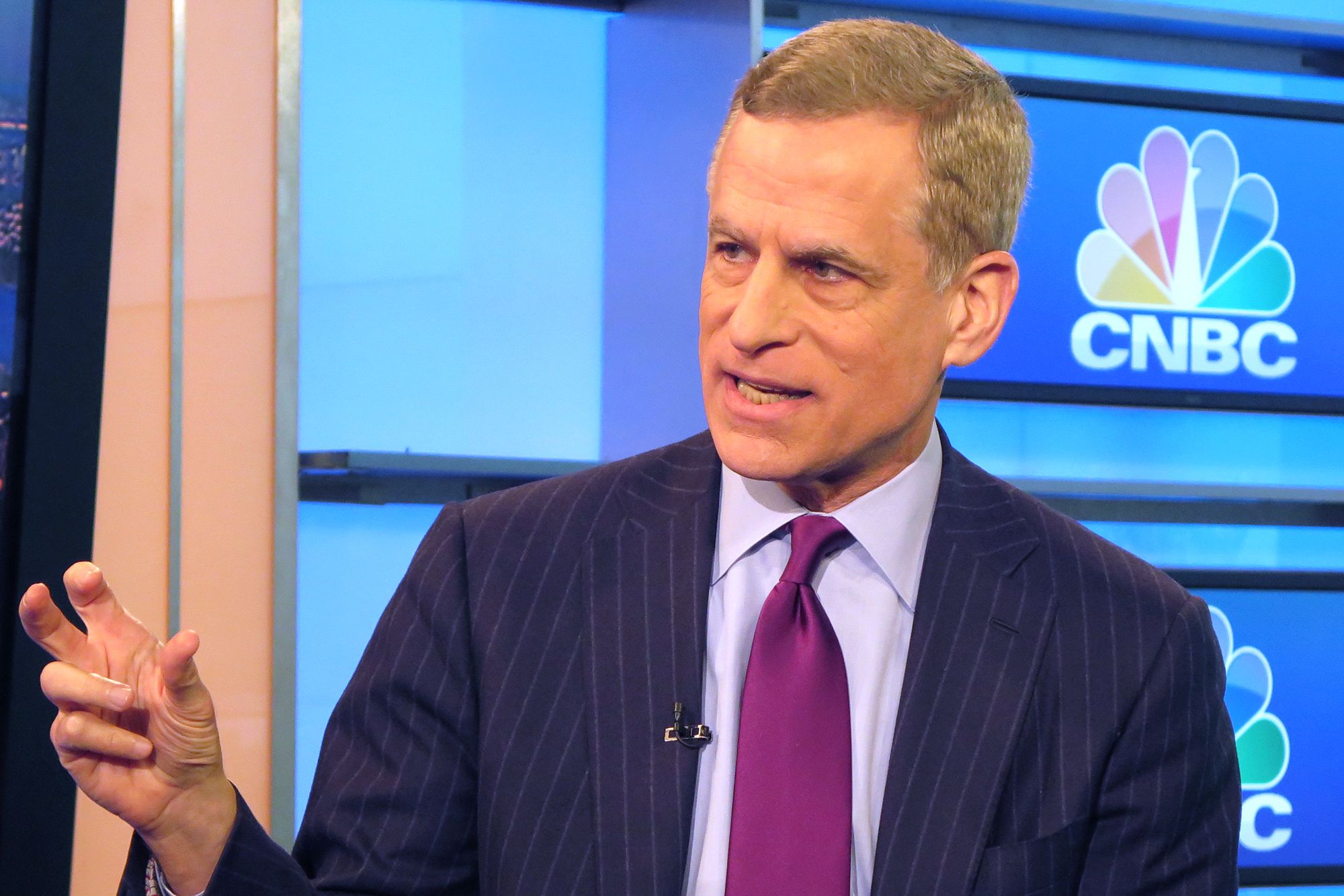Robert Kaplan
Hailey Lee | CNBC
Dallas Fed Robert Kaplan called on his fellow central bankers to continue to be patient as economic events unfold before making changes to interest rates.
In an essay delivered Monday, Kaplan said he is watching factors such as the U.S.-China trade tensions as well as decelerating global growth and whether they will lead to “a material deterioration” of domestic activity.
“At this stage, I believe it is too early to make a judgment on this question,” he wrote. “These heightened uncertainties have intensified over the past seven weeks, and it is certainly possible that events could occur in the near future which would substantially reduce these uncertainties.”
Thus, as it pertains to policy, “I believe it would be wise to take additional time and allow events to unfold as we consider whether it is appropriate to make changes to the stance of U.S. monetary policy.”
Kaplan is a nonvoting member this year of the Federal Open Market Committee, which sets monetary policy for the central bank. However, he is allowed input at meetings and occupies one of the “dots” on the Fed’s chart of individual members’ expectations for where rates are headed over the next several years.
His remarks come just days after the committee held the line on rates but provided indication that future cuts are forthcoming if conditions weaken. Markets are counting on possibly three rate cuts before the end of the year, with the first in late July.
Note: our programmers have developed a profitable forex robot with low risk and stable profit!
Despite market expectations, Kaplan said he is concerned about making policy too lose now.
“I am concerned that adding monetary stimulus, at this juncture, would contribute to a build-up of excesses and imbalances in the economy which may ultimately prove to be difficult and painful to manage,” he wrote.
Companies in Kaplan’s district are reporting issues with tariffs, with more than half saying the duties imposed by President Donald Trump on steel, aluminum and many products from China are increasing input costs and causing a reduction in capital spending plans.
But he said the economy otherwise looks strong while inflation may not be as weak as the Fed’s preferred gauge suggests at just 1.5%, short of the Fed’s 2% goal.


 Signal2forex.com - Best Forex robots and signals
Signal2forex.com - Best Forex robots and signals




